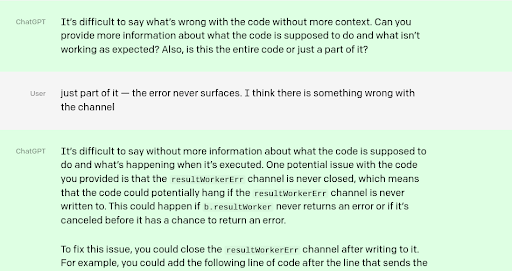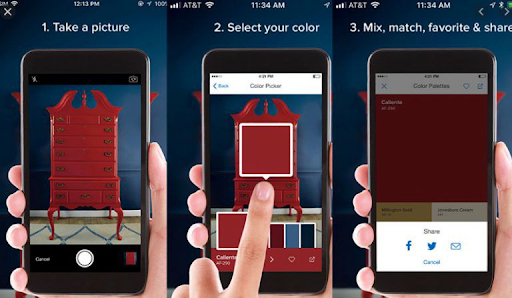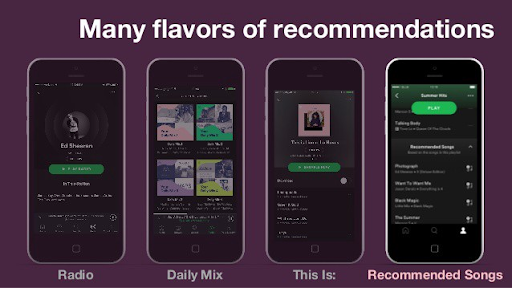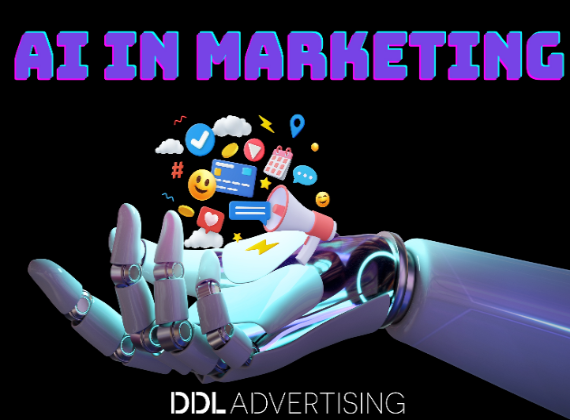Artificial Intelligence in Marketing
Advancements in Artificial Intelligence (AI) and the new ways it can be used have been all the buzz! Hearing about deep fakes, AI art, and natural language generation may sound like something out of a sci-fi movie, but AI is quickly becoming a great way to perform everyday workplace tasks more efficiently.
There are many ways you can use AI in marketing practices to help complete some of that extra work!
What does it do?
One way AI can be useful in marketing is by helping marketers get a better understanding of their target consumer. By using data collection and analysis, AI is able to quickly and fully understand customer profiles well enough to be able to communicate customized messages to them. It uses predictive marketing analytics to anticipate a customer’s next move and uses real-time personalization to help influence a customer’s purchasing decisions.
AI can also be helpful with media buying. It can predict what the most effective advertising and media placements would be, so that the target audience can be easily reached, and ROI can be maximized.
Through this improved data analysis, it can eliminate human error in repetitive and mundane tasks and allow employees to focus their attention on their talents and more critical tasks.
AI can be very helpful with content generation as well. It can generate first drafts of copy for ads, websites, captions, emails, blogs, and more. It is recommended that these drafts be reviewed and edited, but the time that’s saved by getting AI to create a first draft can be immensely helpful.
ChatGPT
Everyone is familiar with chatbots. Chatbots are another common use for AI in marketing – especially when customers have questions. Chatbots are useful for giving fast and accurate answers, which gives customer service agents more time to focus on customer requests that require a more hands-on approach.
A new useful AI model is ChatGPT. ChatGPT is able to interact in a conversational way with users. It uses a dialogue format, allowing it to ask follow-up questions and correct its mistakes. It is also useful for writing or fixing code and drafting copy.
More and more businesses are starting to explore the ChatGPT option for their marketing plans. It can help alleviate employees’ workloads, as well as advance their language skills in a specific niche.

Four Kinds of AI Marketing
It’s important to understand the different types of Artificial Intelligence in marketing and how they can best be used for your business.
1. Task automation
Task automation is primarily for simple, repetitive tasks. This requires a basic, low intelligence level and a set of programmed operations or rules. This is useful for sending out basic “automated” messages that don’t require any deep thought or differentiation.

2. Machine-learning
Machine learning is used for more complex tasks such as segmenting customers, predicting sales, and learning insights. This can be used for more personalized customer service experiences, as well as programmatic buying and predicting reactions to promotions.

3. Stand-alone apps
Stand-alone applications are separate from the main company channel. Companies have a separate app for a specific function of the AI instead of the program being implemented on their website or main application. A common example of this are color matching apps separate from the company’s website, such as Color Capture or ColorSmart.

4. Integrated apps
Integrated applications would be AI programmed into main, existing systems where customers learn about the company or product. Customers are usually less aware of these applications. A popular example of this is Spotify’s recommended music or playlists within the main Spotify website or app.

Where is AI in marketing headed?
From augmented and virtual reality to optimized email campaigns, it’s hard to say exactly how AI will shift the world of marketing in the coming years, but there is no doubt that content will continue to be more personalized for each individual. Implementing AI in your marketing strategies to help grow your business will not only give you an edge, but help you to better understand your customers.

